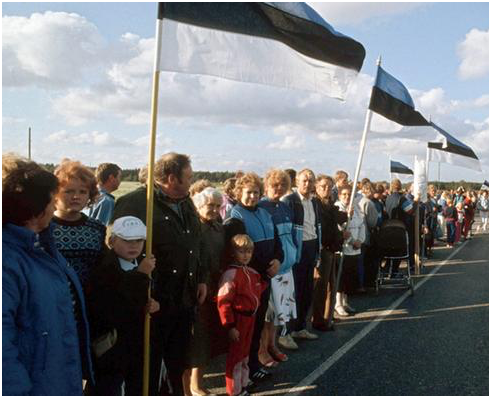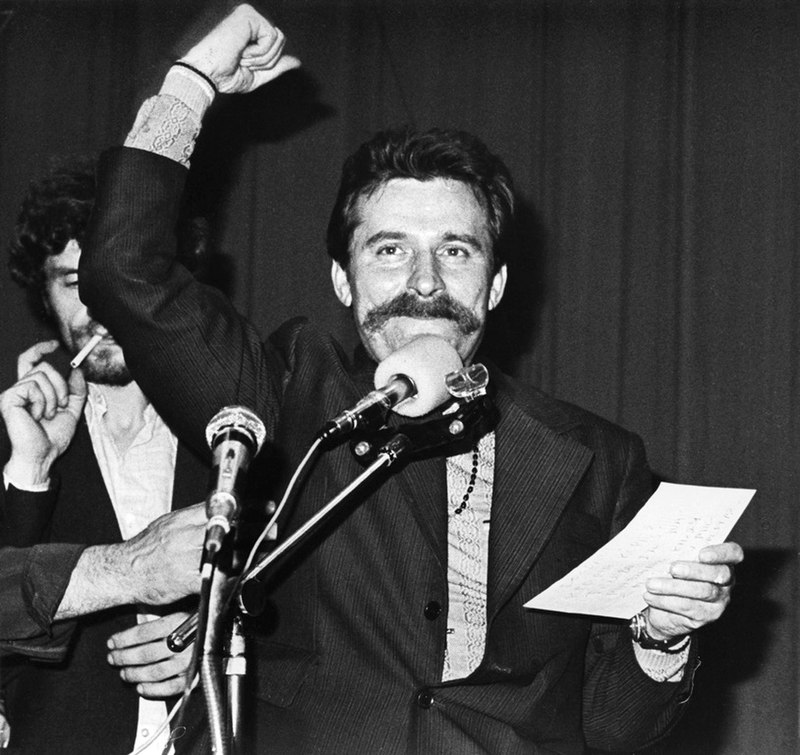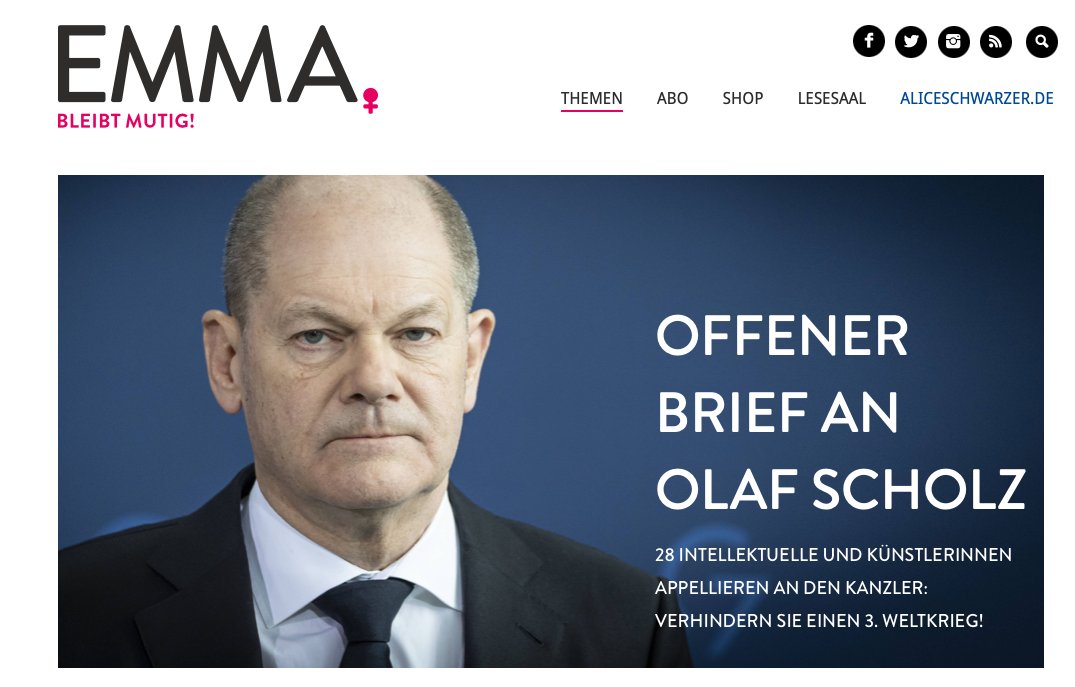
What's the problem with 'post-communism'?
In 2004 10 countries joined the #EU.
Incl. 8 #CEE states that at some point had socialist/communist regimes (imposed on them).
My🧵on what 2004 means for #EU & #Ukraine today
🔥prompted some interesting & important reactions
so ...
🧵

In 2004 10 countries joined the #EU.
Incl. 8 #CEE states that at some point had socialist/communist regimes (imposed on them).
My🧵on what 2004 means for #EU & #Ukraine today
🔥prompted some interesting & important reactions
so ...
🧵


The thread was mainly about the success of enlargement & how it benefitted the #EU (by embodying its unique model of geopolitical power) as well as the acceding states.
Here's how the thread started, incl. the fateful word choice "former communist states"
Here's how the thread started, incl. the fateful word choice "former communist states"
https://twitter.com/bctallis/status/1521827535939584002?s=20&t=UiyQab1ozBv51909h2zEIA
As a scholar of #CEE, & having lived & worked across the region for many years, I should have been more careful.
Normally I would use the term 'post-communist' or 'post-socialist' with the inverted commas indicating that this was a term of use, including during 2004 accession.
Normally I would use the term 'post-communist' or 'post-socialist' with the inverted commas indicating that this was a term of use, including during 2004 accession.

They have long been standard academic 'terms of art' that seek to both recognise the painful pasts (of communisms imposed to various degrees) AND processes of overthrowing, overcoming & dealing with the legacies of these communisms/socialisms.See e.g. long-running journals like 

BUT - & this is the reason for this thread - using the terms 'former communist states' (as I did) or 'post-communist states' as I should have done (& did in further discussion) got a 🔥fierce reaction 🔥 from Twitter's 🇪🇪🇱🇻🇱🇹communities that really made me think & reflect on
- who uses these terms/concepts?
- why?
- with what legitimacy?
- with what effects?
- what it shows & what it obscures?
- why did I use those terms?
- why?
- with what legitimacy?
- with what effects?
- what it shows & what it obscures?
- why did I use those terms?

The article pictured above, linked to below, does a great job of unpacking many of these issues in a very insightful way that I can't do justice to here, but I draw on it in the rest of thread.
[The bibliography is also a real treasure trove]
researchgate.net/publication/22…
[The bibliography is also a real treasure trove]
researchgate.net/publication/22…
The majority of negative reactions included the following:
- EE, LT & LV are not 'former communist states' - they were occupied by first Nazis then Soviets
- The states were not new in 1991, they had interwar histories.
- stop using this outdated term, we've moved on. E.g.



- EE, LT & LV are not 'former communist states' - they were occupied by first Nazis then Soviets
- The states were not new in 1991, they had interwar histories.
- stop using this outdated term, we've moved on. E.g.


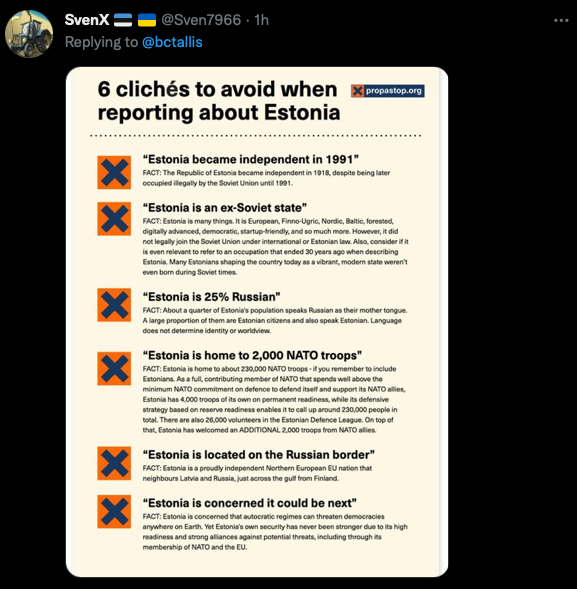

Across #CEE there were varying degrees & modes of IMPOSITION, resistance to & reproduction (often under extreme duress) of communist/socialist regimes (incl. denied statehood). I should have been clearer on that.
BUT nowhere did I imply a 'newness' to the post-89/91 states -
BUT nowhere did I imply a 'newness' to the post-89/91 states -
Which made it interesting that many ppl read that into what I was saying. I was highlighting the complex & contested pasts of those societies (incl. dictatorship), how they overcame them, then reckoned with & used their legacies. What I didn't mention was the interwar period ... 

which is a🔑point of hist democ. legitimacy for many in the region (& I've written on this).
Despite such omissions CZ & PL Responses were generally more positive & engaged the thread not the term.
[This is o/c anecdotal but indicative of the Qs that need to be asked & answered]



Despite such omissions CZ & PL Responses were generally more positive & engaged the thread not the term.
[This is o/c anecdotal but indicative of the Qs that need to be asked & answered]




So why did I use 'former communist' [or, why would I, if I could edit, the tweet use 'post-communist']?
B/c, reminding Western European leaders of that painful past was crucial to Havel, Walesa et al's case for membership rather than mere 'association'
B/c, reminding Western European leaders of that painful past was crucial to Havel, Walesa et al's case for membership rather than mere 'association'
https://twitter.com/bctallis/status/1521827591061135360?s=20&t=UiyQab1ozBv51909h2zEIA
Therefore the legacy of suffering, but also the inspiration of resisting & overthrowing communist regimes was important at the time. Thus post-communist was a standard term in popular & political discourse leading up to #EU accession. See, e.g. ...
library.fes.de/libalt/journal…
library.fes.de/libalt/journal…
So it was analytically important to this thread & my argument [which precisely says we need to go beyond any patronising readings of enlargement as a kind of Western charity, and that it was actually a geopolitical win for all #EU members & the EU itself] BUT there's more ...
Ignoring the communist past would be to ignore the suffering & brave struggle of those who endured the oppressive regimes imposed on them.
Havel's 'Power of the Powerless' is V. insightful & moving on this - & discusses the implication of people in power
hac.bard.edu/amor-mundi/the…
Havel's 'Power of the Powerless' is V. insightful & moving on this - & discusses the implication of people in power
hac.bard.edu/amor-mundi/the…
BUT we could also, for example, point to @kajakallas superb speech in Berlin on 25/04 where she directly & powerfully drew on the experience of having her freedom deprived (primarily by the occupiers who imposed communism)
https://twitter.com/kajakallas/status/1518671282627301380?s=20&t=UiyQab1ozBv51909h2zEIA
CEE societies have engaged this issue in different ways, e.g. this wonderful exhibition, which I saw in Prague (but was also in Warsaw & Budapest) a few years back critiqued these blindspots (which were having pol effects) in an interesting way 





That was attacking the loss of memory, but there have also been attempts to salvage the everyday experience of life under communisms, where people made the best of their circumstances DESPITE the regimes. Stenning & Hörschelmann point to & here's one e.g.
panelaci.cz/stranka/panela…
panelaci.cz/stranka/panela…
BUT I can fully understand that, if you're fed up to the back teeth of having the past rammed down your throat when you'd rather look to the future & not have your country defined by the imposition of communism by occupiers, this word choice by a W. European was a red rag ...
This exchange was really indicative for me in that regard - from this testy beginning, we had a very good chat in the end & I was reminded of some important nuances I'd obscured & which I needed to reflect on - Especially as I have called out others for '#Westsplaining'! 





BUT a key point in all of this (as Stenning & Hörschelmann emphasise) is recognising differences & unevenness in communisms, postcommunisms & in the CEE states, the Baltics, (& whichever other groupings we use) - see e.g. this alternative response which focuses on context: 




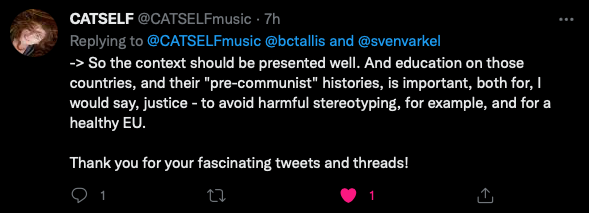


However, I'd also agree with what @KuldkeppMart wrote in response to some of my points in one of the discussions above.
There are a LOT of lazy uses of these terms when they don't need to be there. I've also noticed this myself in much recent journalism - & didn't like it.
There are a LOT of lazy uses of these terms when they don't need to be there. I've also noticed this myself in much recent journalism - & didn't like it.

I thus agree with the need to stop using term in those contexts - and so do others. See the discussion in the articles linked to here article, which suggest getting rid of it
tandfonline.com/doi/full/10.10…
or put it in broader & better context & connexions
journals.sagepub.com/doi/10.1177/23…

tandfonline.com/doi/full/10.10…
or put it in broader & better context & connexions
journals.sagepub.com/doi/10.1177/23…


I still think it has analytical value - *in the right e.g. hist. context* -but not to describe #CEE TODAY.
I should've been clearer about differences between CEE states (Twitter is not notorious for nuance but still) but we shld also note difference & contestation *w/in* them eg
I should've been clearer about differences between CEE states (Twitter is not notorious for nuance but still) but we shld also note difference & contestation *w/in* them eg

So overall, I got a great reminder to be more nuanced (even on twitter) - & use the right terms! -but I think these discussions opened up really interesting & important questions, which are highly relevant for dealing with present & future challenges for #EU, #CEE & #Ukraine.
• • •
Missing some Tweet in this thread? You can try to
force a refresh




